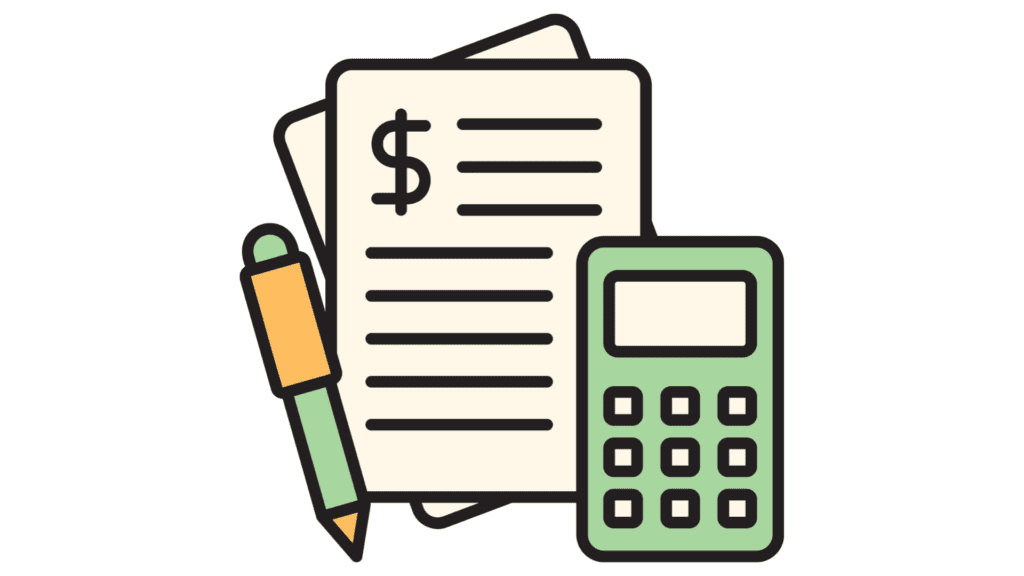5 Important Things to Remember in e-Commerce Bookkeeping

Running an online store feels great until tax season hits. Then you’re drowning in receipts, wondering why you mixed your grocery money with your business account.
Let’s break down how to actually handle your e-commerce finances without needing an accounting degree.
In this blog, you will explore the five most important things to remember when it comes to ecommerce bookkeeping.
Track Every Single Sale
First up – treat your sales records like they’re made of gold. Because to the IRS, they basically are.
Every sale needs:
- Date and time stamps
- Customer details
- What they bought
- How they paid
- Where they live (hello, sales tax)
Use real accounting software. Excel might work for your weekend side hustle, but serious business needs serious tools—especially ones that help with things like tax filing for free, automated reports, and accurate tracking as your store grows.
Business Money vs Your Money
Here’s where most e-commerce owners mess up: mixing personal and business cash.
Think of your business like a roommate – you wouldn’t share a bank account with them, so don’t share one with your business.
Get separate:
- Bank accounts (no exceptions)
- Credit cards (keep those points separate)
- PayPal accounts (yes, even those)
Watch Your Cash Flow
After researching this article, here’s what matters with cash flow:
Money coming in:
- Customer payments
- Marketplace payouts
- Refund returns
Money going out:
- Inventory costs
- Shipping fees
- Marketing spend
- Platform fees
Check these numbers weekly. Monthly is too late to catch problems.
Inventory Truth Bombs
Your inventory isn’t just stuff sitting on shelves – it’s cash you can’t spend yet.
Know your numbers:
- What’s in stock
- What it cost you
- What you’re selling it for
- When you need more
And please, calculate your actual Cost of Goods Sold (COGS). “I think I’m making money” isn’t a business strategy.
Sales Tax Nightmares
Sales tax makes everyone’s head hurt. But ignore it, and the government makes your wallet hurt more.
You need to:
- Register where required
- Collect the right amounts
- File on time
- Keep perfect records
My advice? Get software that handles sales tax automatically. Your sanity is worth the monthly fee.
Because between state rules, local rates, and marketplace requirements, doing it manually is asking for trouble.
Remember: Good bookkeeping isn’t about being perfect – it’s about being organized enough to spot problems before they become disasters.
